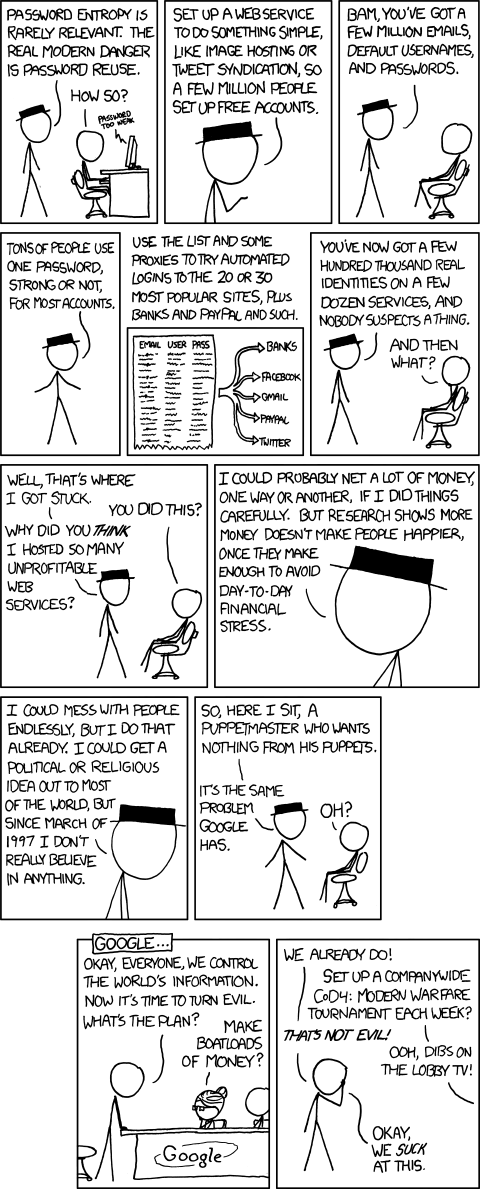That's a pretty strong difference. Playing the game, "one of these things is not like the other" should be pretty easy for someone to do: the South is heavily skewed against Obama.
Of course, the South is heavily skewed against the national Democratic party, something that has been increasingly the case ever since the Southern Democrats swapped allegiances and became Republicans In other words, from 1968 onward; arguably the only reasons why Democrats won in the South during 1976 and 1994 was because the candidates were former Southern governors (indeed, in 2008, Obama only won three Southern states: Virginia, North Carolina, and Florida, and Florida is, arguably, not really a Southern state).
However, let's back up a little bit here. Just how large is the South as a population area? Well, according to the 2010 US Census, here are the breakdowns of regions for non-Hispanic Whites (including working and non-working class):
Region 2010 Population
---------------------------
West 38.0 million
Midwest 52.1 million
Northeast 38.0 million
South 68.7 million
This does put the greatest number of whites in the South, and it's likely that the ratios for white collar and blue collar whites is similar throughout the regions (or at least I'll assume that they are).
These numbers mean little for the 2012 election, though, since the South was unlikely to vote for Obama anyway - considering that all but three states in the South voted for Obama in 2008. So, does it matter to Obama's re-election chances that over 60% of Southern White Working class men prefer Romney? It doesn't matter in terms of electoral politics, and that's the hard truth.
Since Obama electoral need for Southern whites is non-existent, based on historical social trends, it would be methodolocially incorrect to include them in your voting trend considerations. Indeed, if we don't include the South, then Obama and Romney suddenly are dead-split for the White vote: 40.75% to Romney and 41.33% to Obama, based on my own rough calculations (using the percentages from here, the regional White populations from here, and assuming that the proportion of working class whites is the same across regions).
In the end, since the Obama re-election team can count on most of the Southern votes going to Romney (save for maybe Virginia, North Carolina, and Florida again), I think that the effect of the massive skew from the South should be removed from the national figures, since it's also skewing the electoral narrative. If we remove the portion of the country that won't vote for another Democratic presidential nominee (at least for the next little while), then we should be comfortable in saying that the narrative that Obama's got electoral worries among White Working Class Americans is - in the context of electoral considerations - a skewed narrative.
Or, to put it in the words of David Weigel (whose analysis is more nicely worded - and nuanced - than mine):
This might be obvious, but I think it gets lost in our daily culture war dialogues. To win the election in a squeaker, Barack Obama needs to win around 39 percent of the white vote. But outside the South, if he's winning, he'll be basically tying Romney with whites or losing them by 2-5 points. He's the first Democrat to win national elections in the post-Dixiecrat era. For generations, the Democratic attitudes of the South made it easier for the party to hold Congress, even as ticket-splitters were voting Republican for president -- Nixon, Reagan, the Bushes. Now it's reversed. A Democrat can lose the deep South in a landslide, but win the presidency, as southern conservatives send a massive crop of Republicans back to the Capitol.










